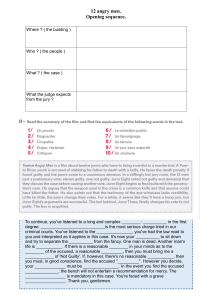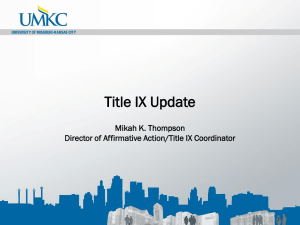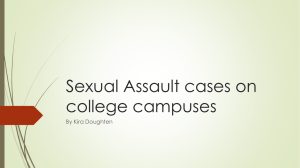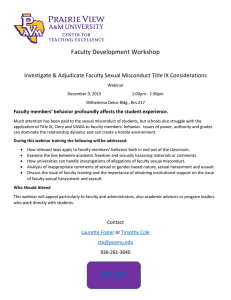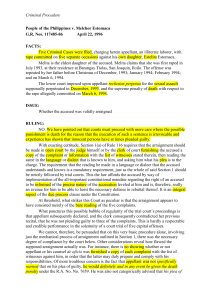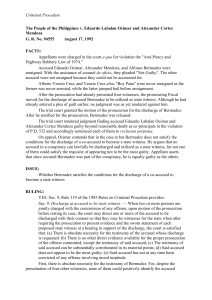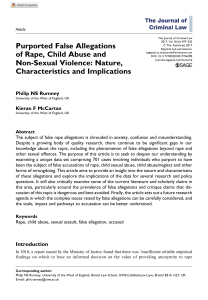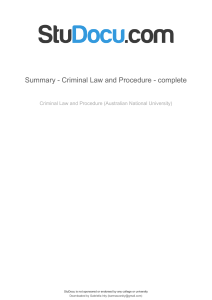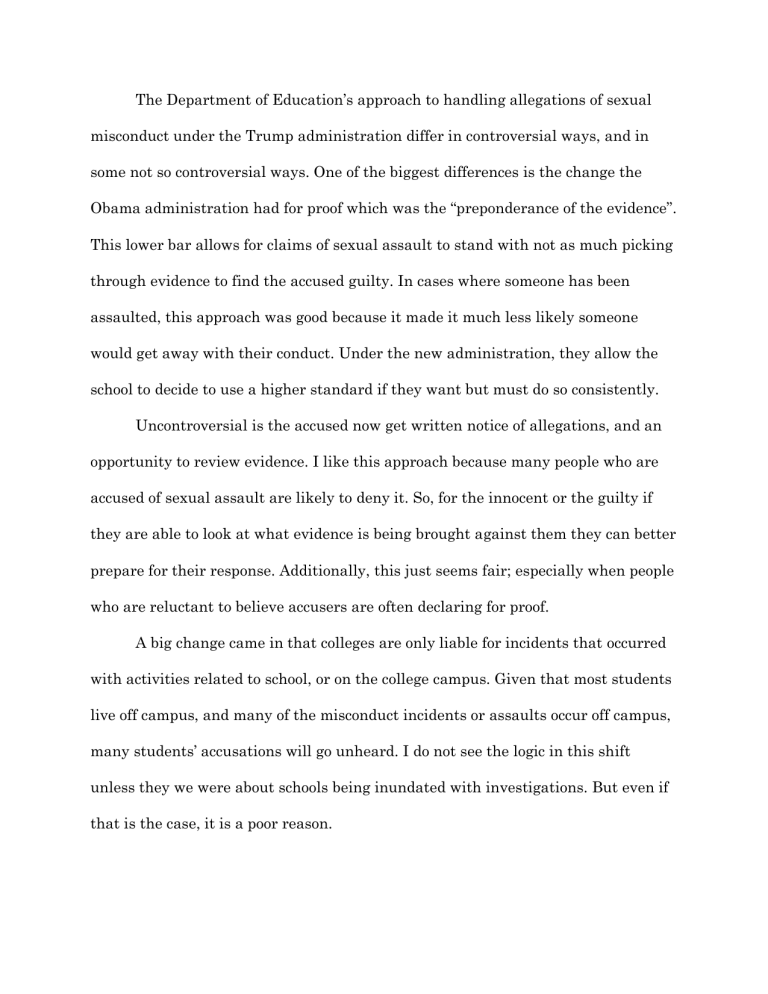
The Department of Education’s approach to handling allegations of sexual misconduct under the Trump administration differ in controversial ways, and in some not so controversial ways. One of the biggest differences is the change the Obama administration had for proof which was the “preponderance of the evidence”. This lower bar allows for claims of sexual assault to stand with not as much picking through evidence to find the accused guilty. In cases where someone has been assaulted, this approach was good because it made it much less likely someone would get away with their conduct. Under the new administration, they allow the school to decide to use a higher standard if they want but must do so consistently. Uncontroversial is the accused now get written notice of allegations, and an opportunity to review evidence. I like this approach because many people who are accused of sexual assault are likely to deny it. So, for the innocent or the guilty if they are able to look at what evidence is being brought against them they can better prepare for their response. Additionally, this just seems fair; especially when people who are reluctant to believe accusers are often declaring for proof. A big change came in that colleges are only liable for incidents that occurred with activities related to school, or on the college campus. Given that most students live off campus, and many of the misconduct incidents or assaults occur off campus, many students’ accusations will go unheard. I do not see the logic in this shift unless they we were about schools being inundated with investigations. But even if that is the case, it is a poor reason. Additionally, the change that has received the bulk of the criticism is the right of the accused parties’ to cross-examine the accusers. Because many people who are victims do not want to have to relive the moment, the badgering of questioning and people trying to discredit them is enough to discourage claims. Consequently, many claims will likely not be brought.

